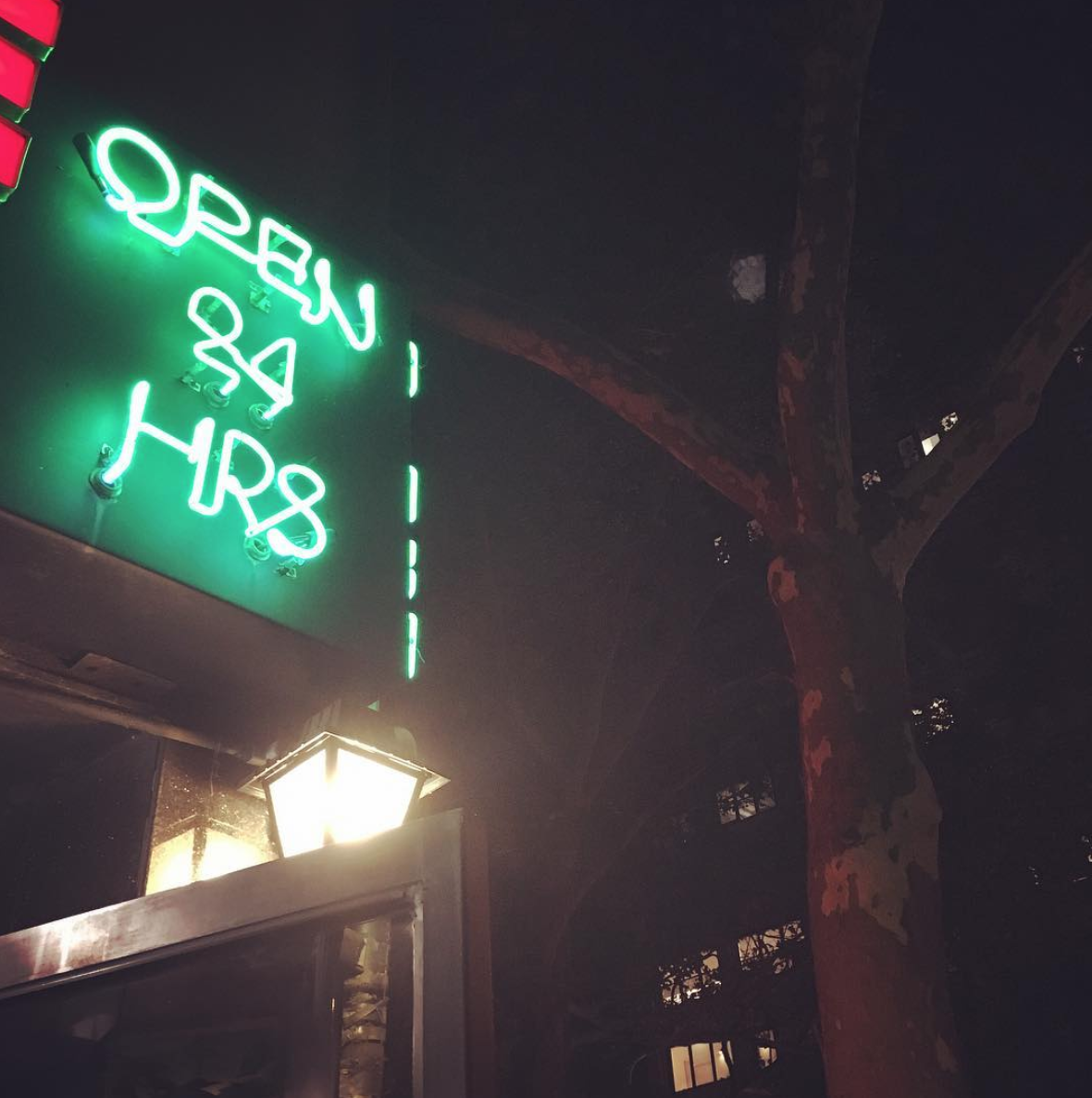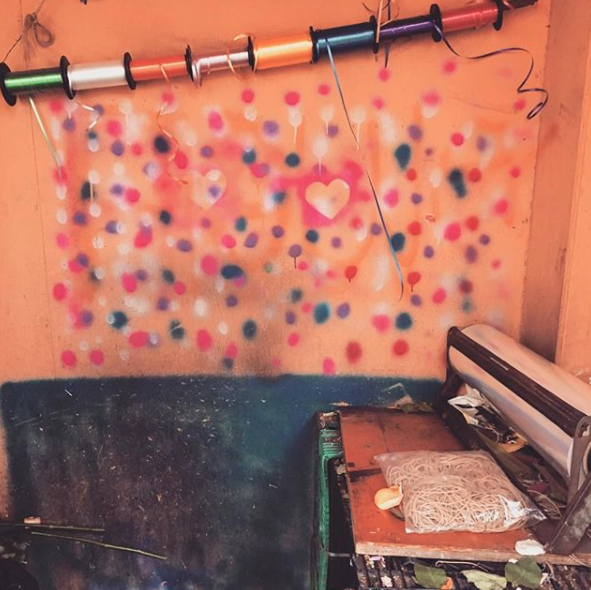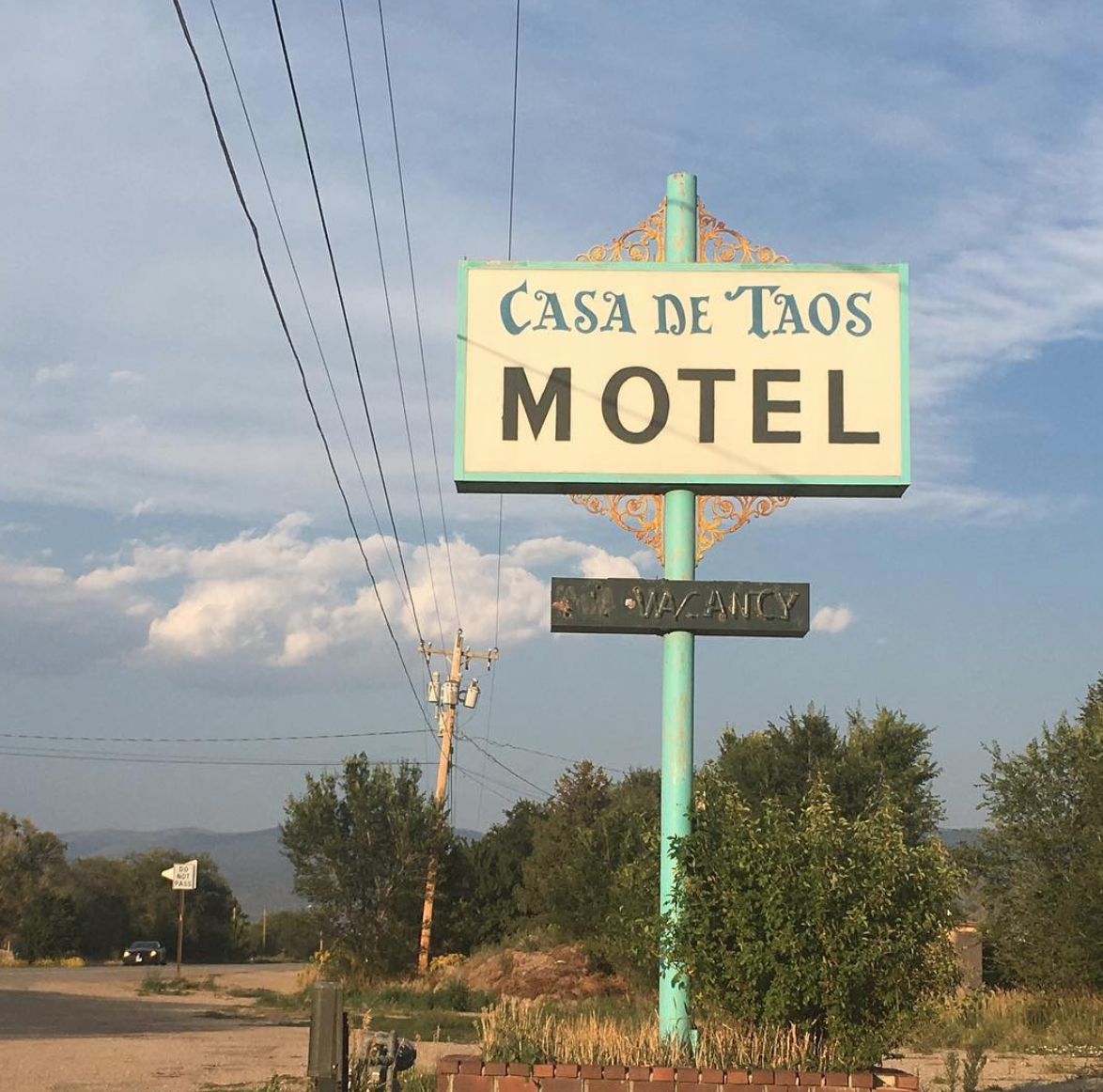
The problem with a diary is, it’s private.
Which means we can hide. Even if our words are raw and honest and bloody and real, with a diary, the risk and vulnerability and intimacy associated with sharing our truth with the world have all been eliminated from the equation.
It’s just more winking in the dark.
Not to minimize the importance of privacy and the value of keeping a diary. Studies have been done, books have been written and lectures have been given about the creative, therapeutic and cognitive affects of keeping a private record of one’s thoughts.
I wrote in journals for decades and found the practice to be comforting, liberating and enlightening.
But nothing beats bearing your soul in public. The daily practice of naming your shit, claiming your shit, letting the world into your closet, leaving yourself nowhere to hide and living life unguarded, that’s the stuff of true liberation.
If you’re in public, making predictions, noticing things, revealing your deepest fears, admitting your mistakes, pining for truth and processing your emotions, your life gets better. Period.
Because you’ve painted yourself into an honest corner. You’ve given yourself an apparatus of emotional accountability.
It’s terrifying, but that’s the whole point. If what you’re about to say and sharing does not make you anxious, you are not building intimacy.
My mentor used to tell me, before publishing anything, always ask yourself:
What risk do we run in presenting this material?
Hurting people’s feelings?
Being seen as imperfect and human?
Alienating and polarizing readers?
Disqualifying myself from future job opportunities?
Becoming an outcast from the herd?
Tarnishing my precious little reputation as an expert who has all the answers?
Demonstrating the world that happiness isn’t always easy for me?
Watching all of my cherished friends and family members abandon me because right here, right now, it has suddenly occurred to them that I’m an unlovable creep who deserves nothing?
What do you risk in presenting this material? It’s not a writing mantra, it’s a life mantra.
Just bear it. The thing that makes loving you impossible is the thing that wants to live.
LET ME ASK YA THIS…
How could you build an apparatus of emotional accountability?
* * * *
Scott Ginsberg
That Guy with the Nametag
Author. Speaker. Strategist. Inventor. Filmmaker. Publisher. Songwriter.
 Buy my latest devotional!
Buy my latest devotional!
A Year in Hot Yoga: 365 Daily Meditations for On and Off the Mat.
Now available wherever books are sold.
Namaste.


















